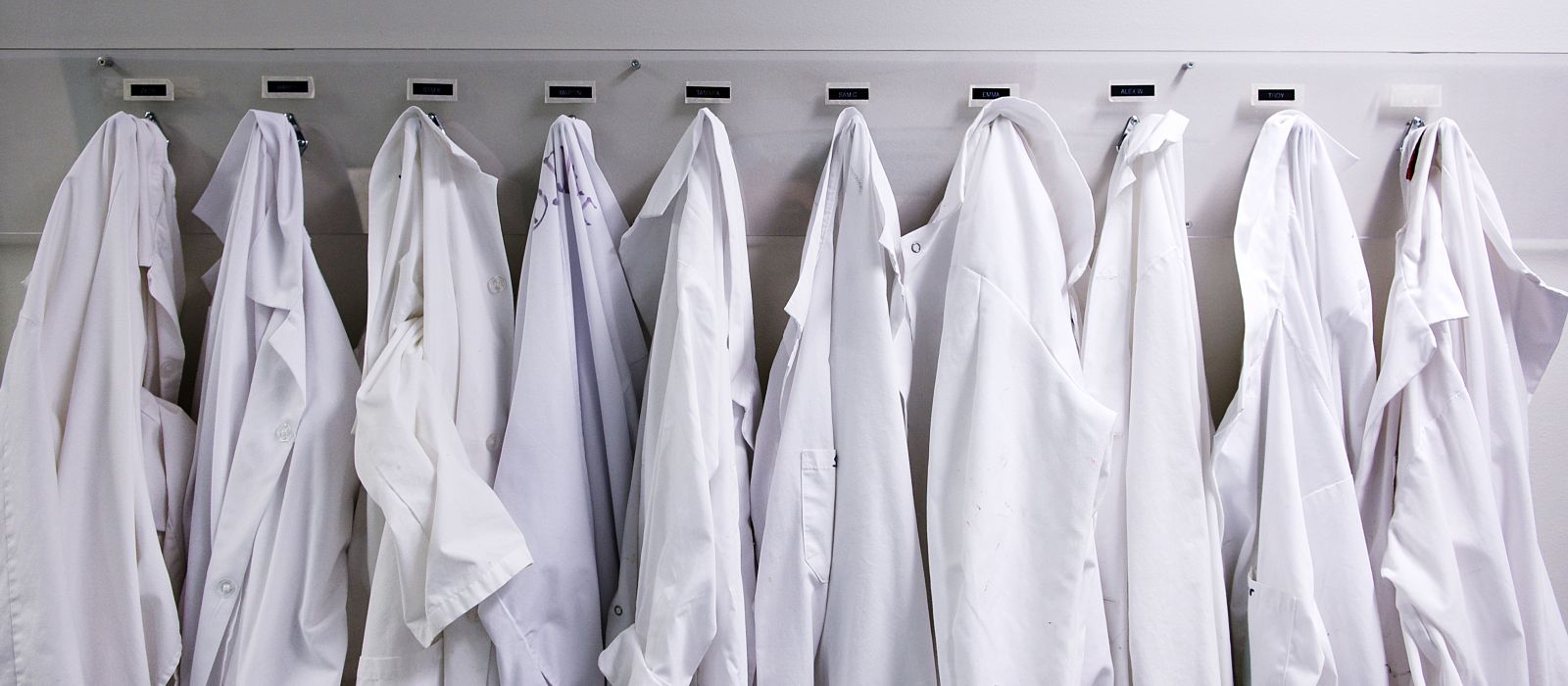Carleton University has a mandatory training program, based on national regulations, that requires training for all personnel involved with the use of animals in research, teaching and testing. All animal users are required to complete this training prior to working with animals. Personnel may complete CCAC training modules and a facility orientation prior to being placed on a protocol, however must be on a protocol before any hands-on training can begin. For exceptional circumstances alternate arrangements may be discussed with the University Veterinarian.
The following Carleton University personnel must complete the required training in the care and use of animals in research and instruction if they have contact with any living vertebrate animals:
- Researcher
- Research technicians and research animal technicians
- Students (Graduate, Undergraduate)
- Visiting scholars
- Volunteers
- Other individuals involved in the care and handling of animals
Facility Access
For access to the animal facility:
- Complete CCAC Online modules. Contact: AccBio@carleton.ca
- Complete mandatory ACVS training – https://i.carleton.ca/animalcare/
Purpose
The privilege of conducting research using animal subjects at Carleton University depends on compliance with national and provincial regulations and policies governing the humane care and use of laboratory animals. The Animal Care Committee is responsible for ensuring all personnel using animals in research receive instruction and training in properly handling, caring for, and performing pre-procedural, procedural and post-procedural activities as described in their ACC approved Animal Use Protocol (AUP). The ACC and Animal Care and Veterinary Services provide training programs to assist Principal Investigators (PIs) to ensure that they and the animal users in their laboratories are appropriately trained and qualified.
Training Requirements
CCAC training
All individuals working with laboratory animals must complete CCAC Training prior to proceeding with facility and species specific training, outlined below. This will provide information on animal welfare regulations, OHS Policies and basic ACC policies and standards.
If an individual has completed the appropriate training modules within the last 5 years they may provide the ACC Coordinator with a certificate of completion and be exempt from repeating the modules.
Facility Orientation
All individuals who need access to the animal facility are required to participate in the Facility Orientation that will provide training and knowledge of basic facility policies and requirements.
Hands on Training
Carleton University has trainers who facilitates lecture based and hands-on training sessions on various topics. These training sessions required by the ACC as part of the training program prior to commencing experimental work on an approved animal care and use protocol (AUP).
Specific training for one species (e.g. mice) is not transferable to work with other species (e.g. rats). Animal users undertaking new species or skills in an AUP must complete relevant training modules before experimental work can begin. Additional mandatory training is required to be able to perform anaesthetic and surgical procedures), and for working with chemical, radiation or biological agents.
Training in any specialized procedure not covered by a training module may be arranged on an individual basis. Individuals that feel they are skilled and do not require training modules must demonstrate their competency and may be exempt for certain portions of training; this will be at the discretion of the University Veterinarian.
For students and volunteers who have completed training but have been absent from the facility for 6 months a demonstration of abilities is necessary before proceeding with work on an AUP.
